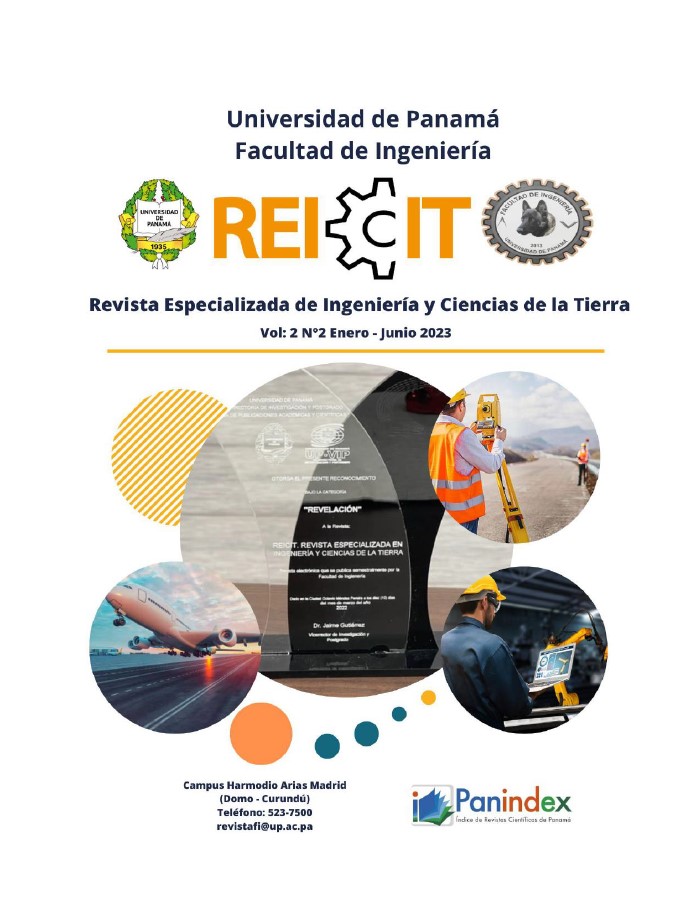


This work is licensed under a Creative Commons Attribution-NonCommercial-ShareAlike 4.0 International License.
The objective of this research was to assess the entrepreneurial intention of a group of students of the Accounting Degree. Method: 176 students participated. Instrument: the Laguía Entrepreneurial Intention Questionnaire (et al, 2017) was used for data collection, which was entered into a Google Forms form and applied online to a representative sample of students from first year to fifth year. from the Faculty of Business Administration and Accounting, Bachelor of Accounting, year 2022. For the analysis of the data, absolute and relative values ??were used through absolute and relative frequency distribution tables and graphs. These results are discussed with the results of other investigations in the Latin American context and the emphasis that should be placed on the training of future university professionals oriented towards entrepreneurship is recommended and that the promotion of entrepreneurship should be present in subjects in the training plans of university students. nowadays. Lastly, the main contribution of the study was in the use of clearer dimensions of the variables subjective norm, self-efficacy and entrepreneurial attitude, to establish the entrepreneurial intention of a group of students and in the promotion of instruments validated in other populations, but which they can be used to study this phenomenon in the university environment of Panama. It is recommended to carry out a longitudinal investigation to verify if, indeed, the young people who scored highest in each of the evaluated dimensions become entrepreneurs and to verify the explanatory factors for this. In addition, it is recommended to compare the results obtained in the population studied with other university student populations and identify the factors that contribute to the consolidation of the entrepreneurial intention in order to establish clearer relationships and characterize the phenomenon in these populations. One of the main conclusions shows that more than 70% of the participants in this study, their level of entrepreneurial intention is between low and moderate, as demonstrated by the five (5) tables that emerged from the study.